Young children can feel and express a lot of big feelings!
Figuring out how to best deal with their big feelings is all part of the job of parenting. Children cry when they fall and when they get a fright. Or when another kid jumps on the swing they had their heart set on. They can cry when they’re hungry and when they’re tired. They cry when frustration overcomes them because their fifth attempt at their bike trick still hasn’t worked. Or when they fight with their sibling or friend.
But regardless of why they’re upset, once they’re upset, they’re emotionally fragile and vulnerable. They’re looking to us to help them through it. Do we sympathise? Do we encourage them to change their attitude? To be more reasonable or focus on the positives? Should we distract them? Do we try to anticipate their upsets to avoid situations that are upsetting for them?
Should we “pander” to our children’s upsets?
Most of us grew up with the harsh attitude that adults shouldn’t pander to a child’s complaints. That indeed if they did, it’s just encouraging them to be dependent, needy and manipulative. Still today, there are strong messages that kids should be encouraged to be as independent as possible as early as possible. Starting at the beginning with leaving the baby to cry alone to teach them to “self-soothe”.
Time enough to act like a grown-up when they’ve grown up.
So often children are given the message, in one way or another, to grow up, suck it up, or snap out of it. Does this help them learn to deal with disappointments and challenges? How does that equip them to deal with the disappointment of the boyfriend or girlfriend they’re madly in love with breaking up with them as a teenager? Or not getting into the university course they had their heart set on?
Ideally, we want to help our children develop skilful ways of working through their big and small challenges in life
Telling them to suck it up and get on with it essentially just trains them to either hide and minimise or dramatise their feelings. They may learn to hide their feelings because having their feelings rationalised or minimised causes them to feel that their emotions and hence they, are wrong. Which is both unsatisfying, potentially shaming and often upsetting. Or they dramatize their feelings because they have learned that they should have a very good reason to be upset. But then the parent whose always quick to engage with their child’s problems giving lots of advice and suggestions may not be giving their child enough support, space and encouragement to think things through for themselves.
Listening heals
Most of us know from experience that when feelings are truly listened to, accepted and understood, they can become much less painful. When we feel understood, it’s easier to think things through with more clarity and insight. For adults or children, feeling heard and understood helps us come back to peace with ourselves and gives us more strength to tackle our problems. The more a child feels heard, the better they become at hearing, understanding and making sense of their own feelings.
5 FREE Discipline without Punishment Videos
What does parenting without punishment actually look like? What are the tools? How do we navigate children being uncooperative, sibling conflicts and defiance?
Emotional intelligence
Supporting our children to express their feelings, to problem solve when they’re ready and showing that we trust that they’ll come through helps them develop great emotional intelligence and self-regulation skills.
Emotional intelligence involves the skill to identify one’s feelings. Not just that, but find words from a growing feelings vocabulary to express those feelings. And, learn to identify what one needs and be able to access support in times of need.
The child who can identify and express their feelings and needs tends to feel more confident in facing problems. They are much less likely to take their frustrations out on others. Reasoning, demanding, appealing, threatening or bribing an upset child can add to their underlying frustrations. It does nothing to resolve the stress and frustration at the core of the problem. But, listening with empathy and reflecting on what you hear goes a long way to turning things around.
If they don’t get it out, they will likely act it out
An essential element of peaceful parenting is being very attuned to your child’s stress and frustration levels. For a child’s behavior to be balanced, they need to mostly be free of a backlog of frustrations.
When a child becomes unreasonable, resistant or even aggressive, it’s important to consider: “What are they feeling that’s causing them to act like this? What do they need?”
When a child builds up a lot of pent-up stress and frustration, they need our help releasing it from their system. Some of the natural and instinctive ways that a child can release and resolve big feelings are through venting. Be it talking, crying or even raging (when enraged) and feeling heard and held. Another great release of stress, frustration, fears and tensions, in general, is through affection, fun and laughter.
What about tantrums?
When a child has a tantrum, they’ve reached a breaking point. Now they need to offload huge feelings. Feelings that their brain is not yet mature enough to cope with without adult help. The child’s fight-flight response is usually activated. The trigger has likely caused them complete overwhelm. Or perhaps appears to be something very small but may be the last straw. Or has triggered something much bigger that’s still unresolved.
Tantrums are so often discounted
- Tantrums are often misunderstood to be misbehaviour which perpetuates the advice to ignore the child when they’re in this state of distress. Yet when a child is in distress, they have an attachment instinct to maintain close proximity and access care from their attachment figures.
- Tantrums are an instinctive expression of overwhelm. When the caregiver offers calm loving support and stays truly emotionally present, there can be an important opportunity to help the child work through some very big feelings that are weighing them down and affecting them in many unseen ways.
- With this awareness, parents can often connect the tantrum to something overwhelming that had happened to them in the previous couple of days. Or general stressors the child is dealing with.
- Sometimes tantrums can occur when something in the present triggers unresolved issues from the child’s past unconscious. Even going right back to birth trauma.
- Some children are more vulnerable than others to experiencing flooding and overstimulation of their senses. So often we parents don’t know the source of our child’s upset. But the child’s very real and raw expression of their feelings is clearly crying out for care and empathy.
- Seeing the child’s tantrum as distress and overwhelm helps adults draw on greater levels of patience and empathy. Helping them feel more empowered and constructive in reassuring the child that it’s hard but it’s ok and they’ll get through this.
When my son needed to tantrum
One time while on holiday, one of the Dads grabbed my son who was three at the time. He angrily took him to the bottom of the garden and shouted at him. Lecturing him about his general “inappropriate silly behaviour” (normal harmless 3-year-old silliness!). Once I arrived on the scene, I swiftly rescued my son and took him to a quiet place. But as I held him, he fretted rather than having a good cry. I was aware that being yelled at would have shaken him up very much. I was concerned about the effects on him.
At the end of that day walking back from a fun day at the beach, my son suddenly dropped to the ground and had a huge tantrum. I sat on the grass with him and held him as he thrashed about and cried loudly. Although being in nature and fun, closeness and laughter would have all helped, he additionally needed a very vigorous cry to get all that shock and emotional toxicity out of his system. I wasn’t concerned about the passers-by. I remember feeling very relieved that however he’d been impacted by the adult’s anger it was now all coming out.
Luckily children are born with an innate ability to release, offload and resolve difficult emotions
They emotionally detox just as the body works to push out toxins ingested through food. To make their way back towards a calmer state, what they most need is for the adult caring for them to help them feel emotionally safe and cared for. A calming presence and simple words like, “I know, I’m listening, I’m looking after you. I care” can help the child feel emotionally held and safe. This then allows them to make their way back to balance, having released their backlog of built-up stress through their cries.
Children learn to listen to and trust their feelings
Feeling and expressing their upsets, although stressful at the time, can help children to trust that big feelings can be worked through. And that they’ll feel more at peace again once they get it all out. Our response, words and care at these times become internalised helping them develop their ability to tune in to, care for and generally be compassionate towards themselves at times of distress. Yet it takes years of us supporting them as they build these internal connections and skills.
Luckily children are born with an innate ability to release, offload and resolve difficult emotions
They emotionally detox just as the body works to push out toxins ingested through food. To make their way back towards a calmer state, what they most need is for the adult caring for them to help them feel emotionally safe and cared for. A calming presence and simple words like, “I know, I’m listening, I’m looking after you. I care” can help the child feel emotionally held and safe. This then allows them to make their way back to balance, having released their backlog of built-up stress through their cries.
Children learn to listen to and trust their feelings
Feeling and expressing their upsets, although stressful at the time, can help children to trust that big feelings can be worked through. And that they’ll feel more at peace again once they get it all out. Our response, words and care at these times become internalised helping them develop their ability to tune in to, care for and generally be compassionate towards themselves at times of distress. Yet it takes years of us supporting them as they build these internal connections and skills.
“How’s your heart?” is a lovely question to ask our children
It helps them tune in to their deeper feelings. It has so often, over the years, immediately brought my daughter’s sad upset feelings to the surface. Until she was about nine, she always talked about how she expressed her sore feelings through her tears. Nowadays she mostly talks about “getting her frustrations out”.
When your child becomes very upset, angry, whiny or just out of balance and unhappy with the world, this is usually a cue that they need your support to get out some big feelings. If they seem unusually uncooperative and unreasonable or if they’re being aggressive, these are all cues to carve out some time to connect, tune in to them and truly listen.
Sometimes expressing a limit brings on the emotional release that a child needs
This could be like when we intervene to stop them from lashing out physically or verbally at a sibling or ourselves. The limit can help them make the shift from fighting to releasing. As long as they gain your willingness to listen and acknowledge their feelings of sadness, disappointment or frustration, then your limits can often squeeze to the surface that which they need to offload to feel settled again.
Who listened to your upsets?
For many parents, being present and empathic while their child is expressing big feelings is far from easy. Most parents didn’t gain this level of emotional support when they were young. So there can be an urge to react in a similar way to how they were responded to. To break the cycle and be an anchor for our children when they have their often very scary emotional storms, we need to become very skillful at managing and caring for our own feelings and needs
Sometimes expressing a limit brings on the emotional release that a child needs
This could be like when we intervene to stop them from lashing out physically or verbally at a sibling or ourselves. The limit can help them make the shift from fighting to releasing. As long as they gain your willingness to listen and acknowledge their feelings of sadness, disappointment or frustration, then your limits can often squeeze to the surface that which they need to offload to feel settled again.
Who listened to your upsets?
For many parents, being present and empathic while their child is expressing big feelings is far from easy. Most parents didn’t gain this level of emotional support when they were young. So there can be an urge to react in a similar way to how they were responded to. To break the cycle and be an anchor for our children when they have their often very scary emotional storms, we need to become very skillful at managing and caring for our own feelings and needs.
Good relationships depend on finding a reasonable balance between being able to track your own feelings at the same time as you track other people’s. They also depend on being able to tolerate uncomfortable feelings whilst they are being processed with another person. – Sue Gerhardt, Why Love Matters
To be present with our child’s feelings, we need to be able to be present with our own
If when my child is expressing frustration and upset, I can allow myself to notice and feel my stress rising, while being aware of my urge to be defensive or to react, I’m much more likely to respond well to their big feelings. There’s no amount of telling a child to not act out when they become stressed that can help them learn how to self-regulate their emotions. They need emotional coaching and modelling.
When your child is feeling agitated, stirred up, frustrated, angry, nervous, or insecure, remember that they are unable to think straight. Yet when you support their emotional release of tensions, whether through talking, crying, growling, playing or laughing, be confident that you’re supporting their physical, mental, emotional and spiritual health and well-being.
The original version of this article was first published in The Natural Parenting Magazine
Genevieve Simperingham is a Psychosynthesis Counsellor, a Parenting Instructor and coach, public speaker, human rights advocate, writer and the founder of The Peaceful Parent Institute. Check out her articles, Peaceful Parenting eCourses, forums and one-year Peaceful Parenting Instructor Training through this website or join over 90,000 followers on her Facebook page The Way of the Peaceful Parent.

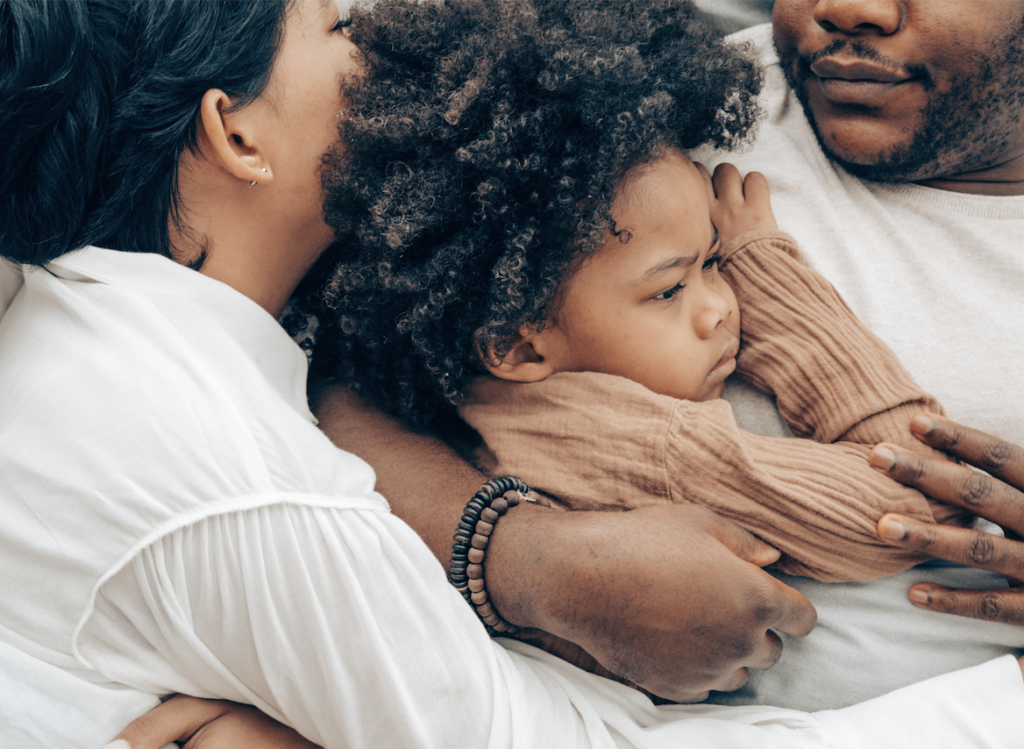

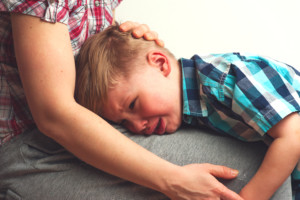
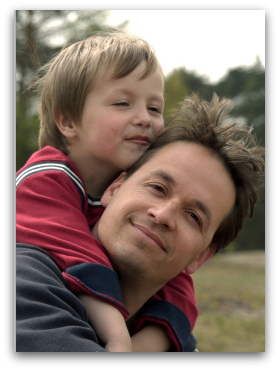
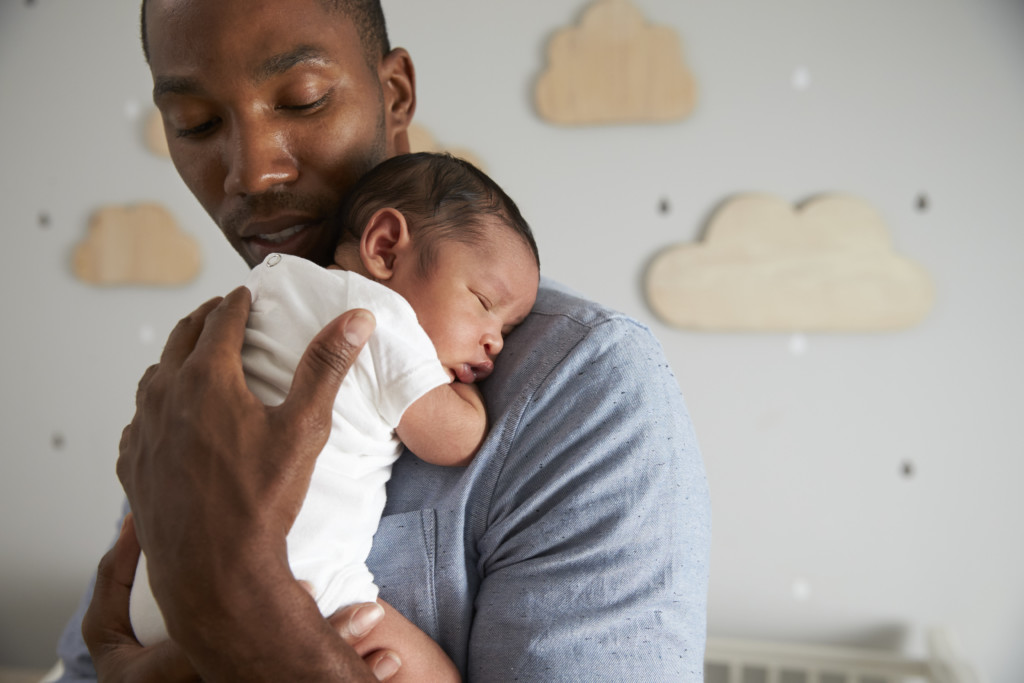
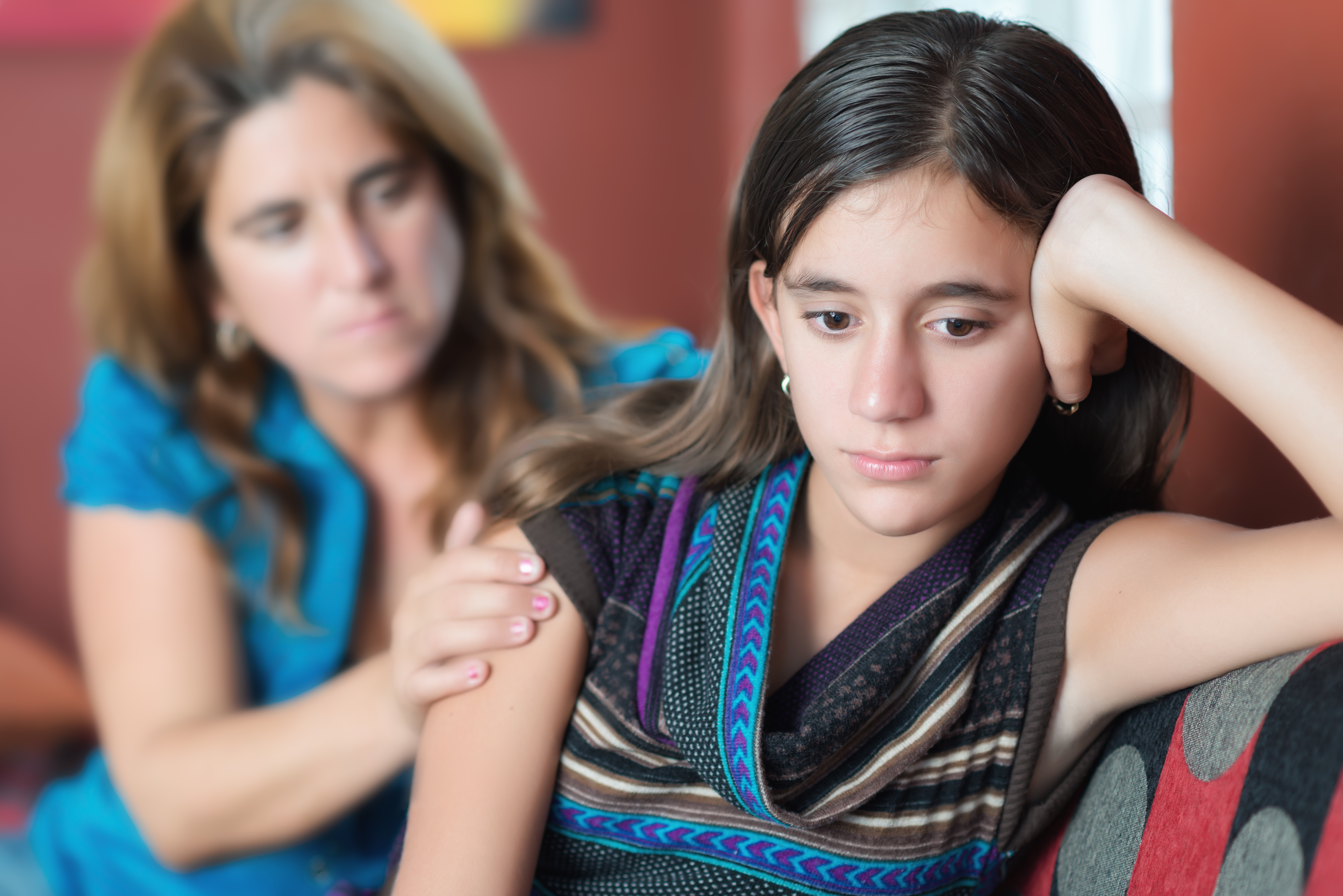
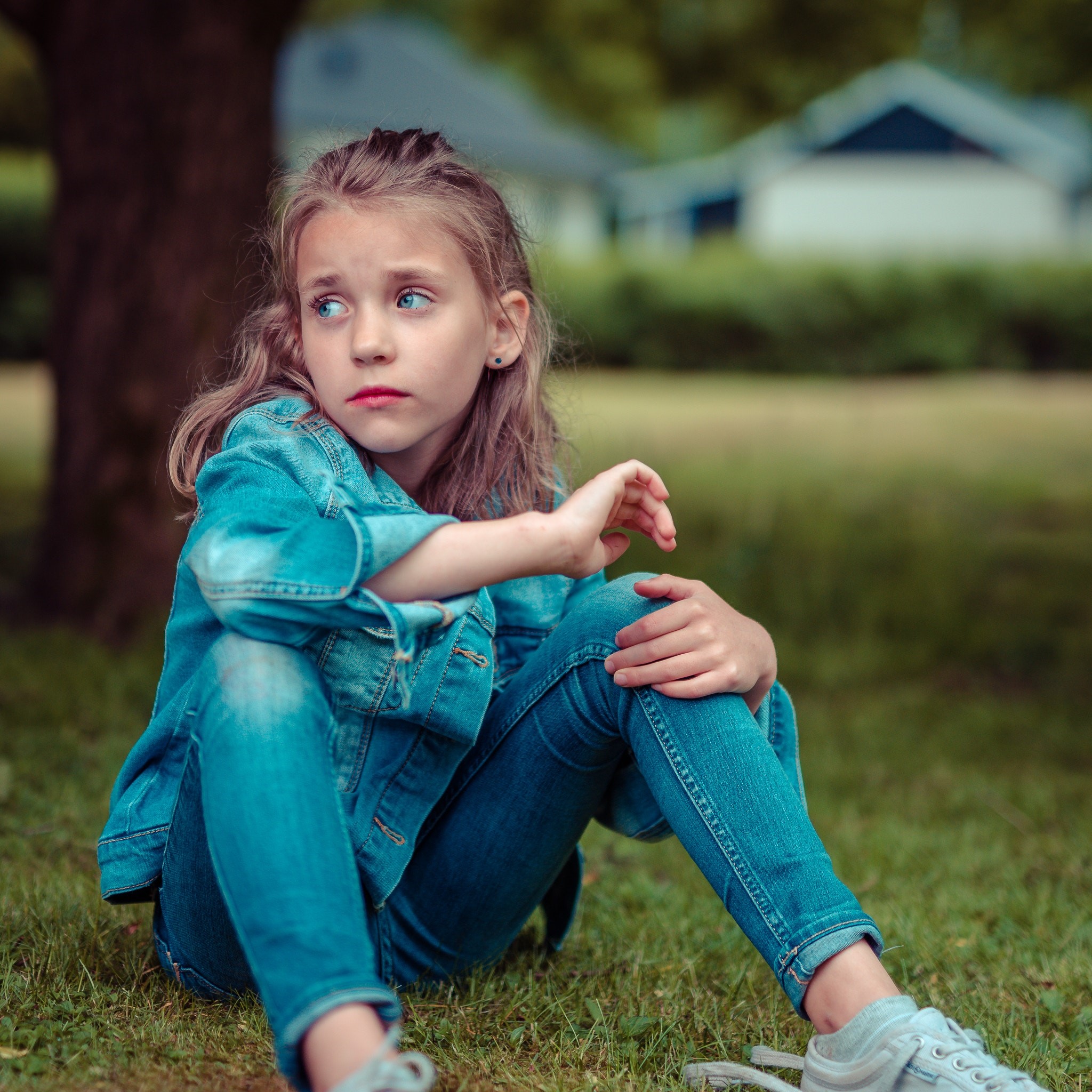


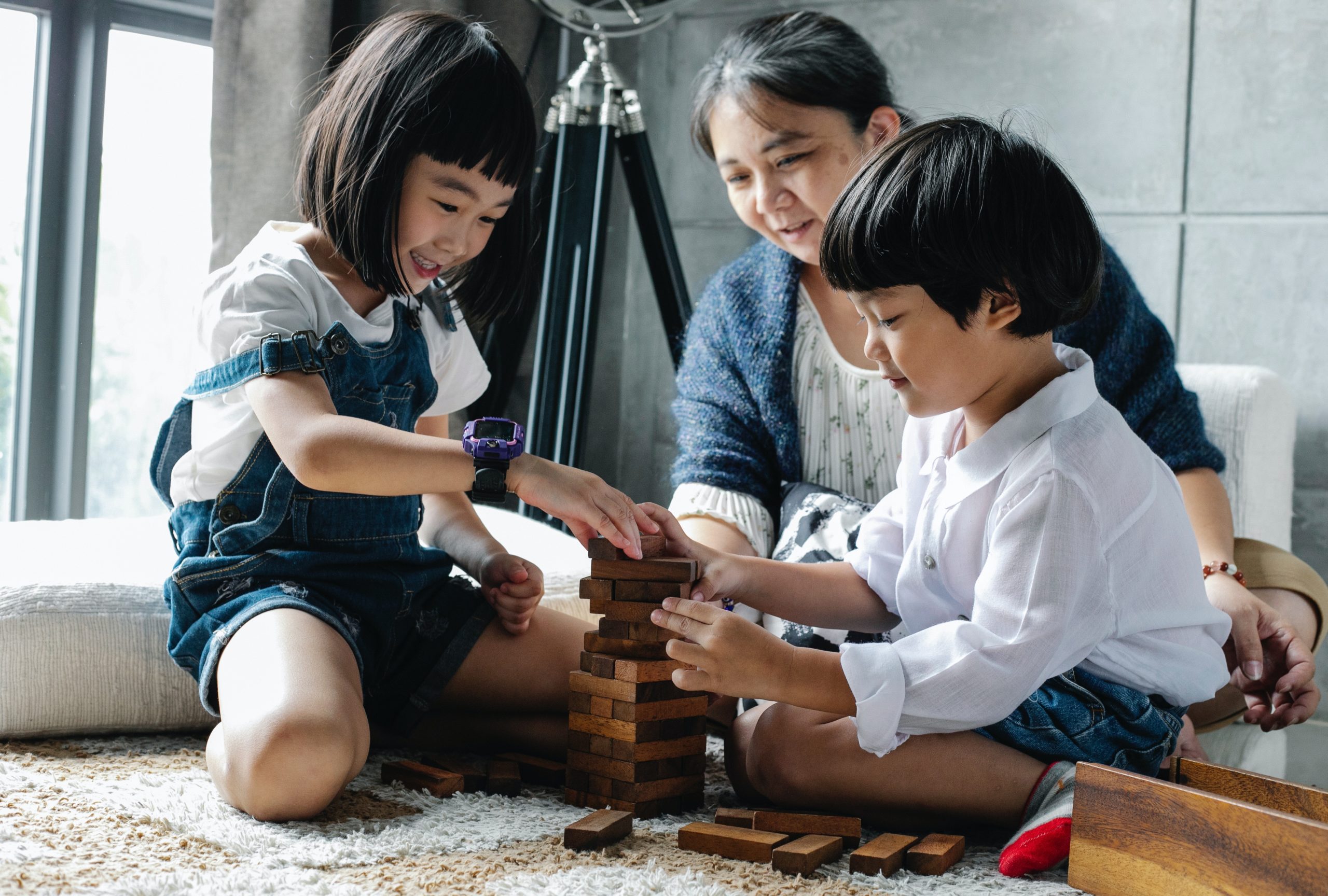
Hi,
I just wanted to enter my email here to receive newsletters!
“be who you needed when you were a child” has always stuck with me.
Yes Victoria, it’s such a simple but powerful principal to hold as a parent.
[…] terms with changes in their life, they generally carry undigested, unprocessed emotions that they need our help to release. Just about all peaceful parenting approaches that a parent adopts in their day-to-day challenges […]
[…] can forget or lose touch with how the child’s dependency on their parent/s makes them very vulnerable to stress and trauma when they lose access to their attachment […]
[…] It’s ok for children to feel and express big disappointment, frustration, sadness or anger whe…. Not only that, but this process also plays a huge part in their healthy emotional development. Supporting them through their huge disappointment when not allowed that second chocolate biscuit, new toy or screen time can provide preparation for life’s challenges. […]
[…] about a simple little interaction such as this in our family. I reflect on how important it is that children can tune in to their frustration and identify what it is they need. I often think about how much more difficult/upsetting/conflictual/chaotic a similar interaction […]
[…] Both before, during and after her mum leaves. What happened was that their daughter started to have big tantrums, which made them think that empathy was making things […]
[…] I still need to become stronger in all this. But these days I am more and more confident in my parenting and don’t care about the looks or stares when I’m perceived to not be parenting properly. I have been known to sit down on the floor in the supermarket with or near my son who is having a big emotional release.” […]
[…] the parent being less authoritarian, blaming or yelling and more caring can seem to result in some big meltdowns! Hang in there, this is probably just your child working through a backlog of frustrations. They […]
[…] time my daughter started crying about missing her friends. It was the holidays and she hadn’t seen them in a while. The adult […]